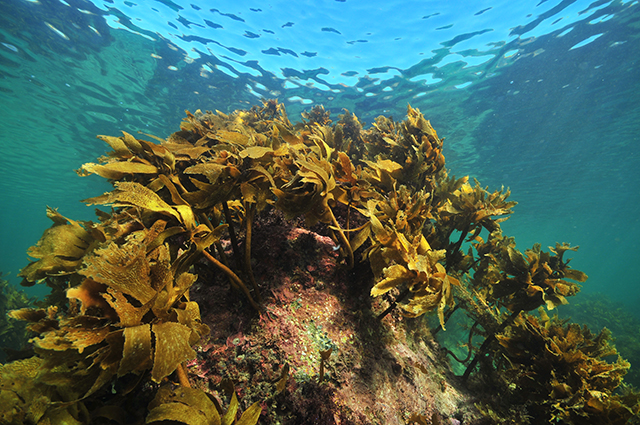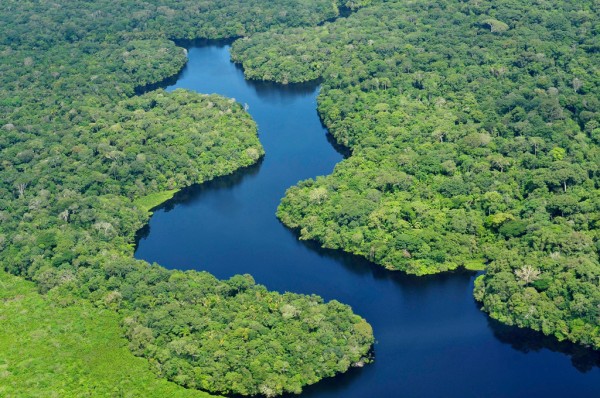12/17/2017 / By Janine Acero
“Eco-friendly behaviors offer opportunities to experience a meaningful and satisfied life.” This is according to Michael Schmitt, a researcher and professor of psychology from Simon Fraser University (SFU) who studied how eco-friendly behaviors promote well-being and create feelings of satisfaction with people’s lives.
Schmitt, with co-author Rachael Shwom from Rutgers University, along with psychology professor Lara Aknin, and Jonn Axsen, a professor of resource and environmental management, collaborated on the study and found that performing a variety of eco-friendly behaviors involving meaningful interactions with other people were more strongly linked to feelings of satisfaction among people in Canada and the U.S.
Moreover, behaviors that were more costly in terms of time, money and effort were found to be more strongly related to life satisfaction than behaviors that had lower costs.
“These findings run counter to what many people and policy makers tend to assume about trying to convince people to change their current habits and choose eco-friendly behaviors,” said Schmitt.
The researchers analyzed 39 eco-friendly behaviors – such as buying food at a farmer’s market – to determine how they influence feelings of satisfaction. Their analysis revealed that majority of the eco-friendly behaviors were positively related to life satisfaction. (Related: Living Green Reduces Stress on Yourself and the Planet.)
This shows that the link between behavior and life satisfaction includes many different types of eco-friendly behaviors, ranging from turning off the tap while brushing your teeth to participating in local environmental activities.
“These findings have important implications for how we think about changing our behaviors in ways that we need to, if we want to mitigate climate change and other environmental problems,” said Schmitt.
“Instead of thinking of these changes only in terms of what they cost us, individuals and policy makers need to see eco-friendly behaviors as opportunities to do good for the environment, for humans and for other species,” he added.
Steps to become eco-friendly
An article on Conserve-Energy-Future.com defines being “environmentally friendly” or eco-friendly as “the act of living with intent.” The intent is to protect the environment from harm and to prevent as much harm from occurring through your interactions with, and behavior towards, the environment and its inhabitants. Some of these behaviors include:
- Conserving water and electricity – Reduce your daily energy consumption through simple ways like turning off lights when not in use, fixing leakages or using maximum daylight.
- Planting more trees – Plants and trees give us oxygen, food and timber. They also prevent soil erosion, control floods, provide shelter to wildlife. Work with environmental groups to educate more people about the dire need for planting more trees in order to prevent further massive-scale deforestation that has drastically reduced forest areas, which has significant implications on wildlife and the environment.
- Buying locally grown produce – This actually reduces your carbon footprint by using less plastic bags, saving fuel to get the products from the market, and using less packaging.
- Buying recycled products – Always look out for recycling symbol when buying from the grocery shop. In addition, try to bring your own grocery bag to avoid buying items in plastic bags that will later end up in landfills.
- Choosing to walk over driving – Taking public transportation or pooling in with your office colleagues to save fuel are great examples of eco-friendly behaviors. Walking to work or riding a bicycle if your office is only a couple of miles away will not only help the environment, but also promote fitness and overall health.
- Joining environmental groups – Do your part in helping protect the environment by joining your local environmental or conservation groups that promote eco-friendly behaviors and activities and educate other people in the importance of nature conservation.
Green living is not a one-time thing, but a lifestyle with a purpose, which will create a sustainable and satisfying life.
Sources include:
SFU.ca
Conserve-Energy-Future.com




















